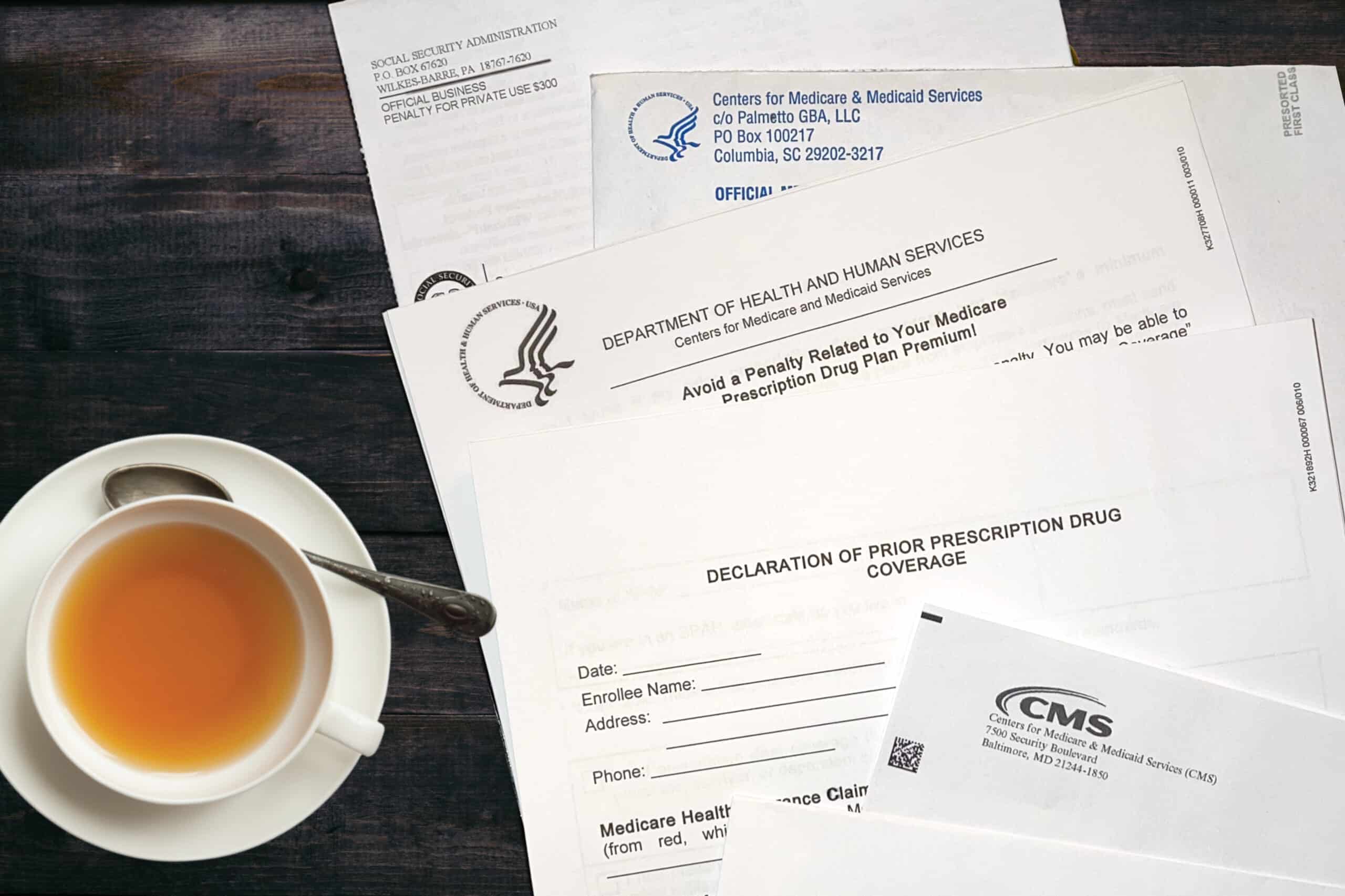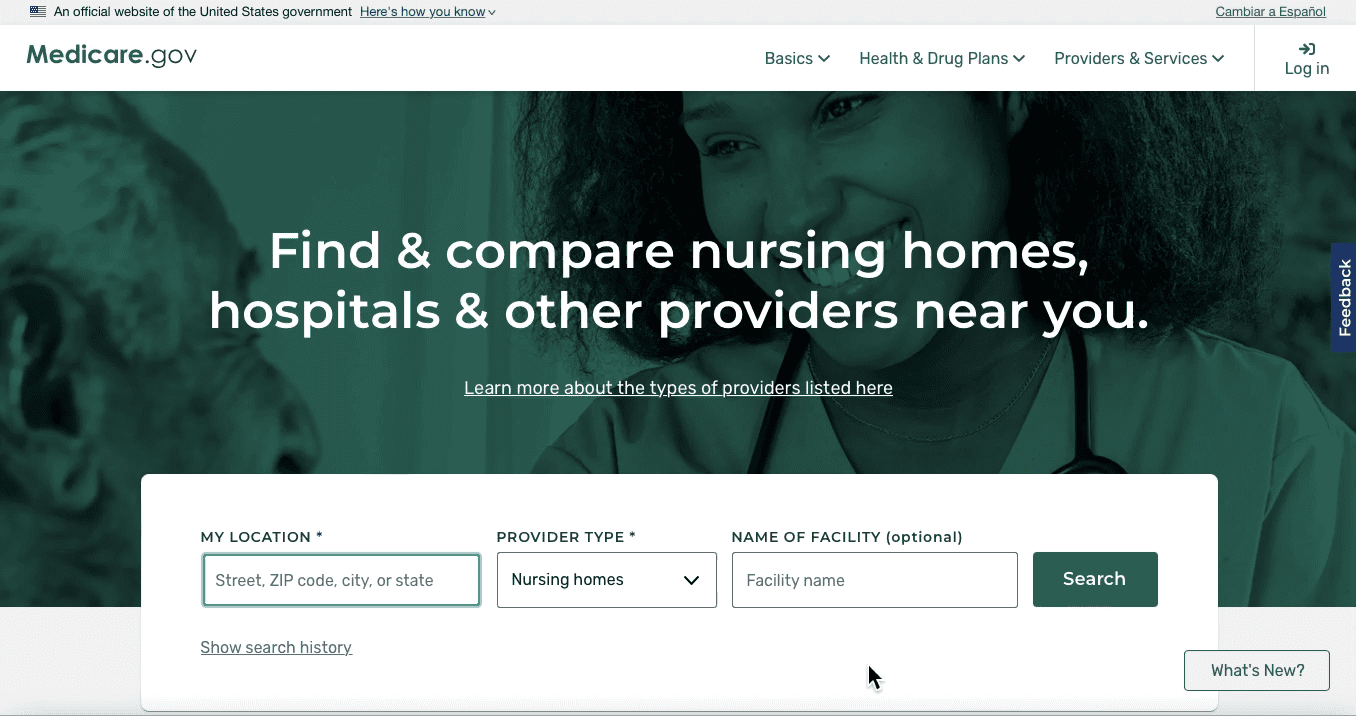New Jersey Hearing Aid Insurance
GET AN INSURANCE QUOTE!
What Are The Benefits Of Hearing Insurance In NJ?
Insurance may seem like just another unwanted expense however once you learn why these types of insurance plans are important you will realize they are definitely worth it. Dental, vision and hearing health is linked to your overall well-being. This type of insurance coverage will give you peace of mind and help you save money in the long run. And believe or not, these insurance plans don’t have to be expensive either!
Many older adults suffer from hearing loss. In fact, the National Institute on Deafness and Other Communication Disorders (NIDCD), estimates that 1 in 3 adults between the age of 65 and 74 are affected by hearing loss. Hearing exams and hearing aids are a necessary expense for many seniors, an expense that rarely receives coverage. Hearing aids are not cheap. Many individuals in the United States cannot afford to pay for hearing exams, hearing aid fittings, or hearing devices. Nor are these costs covered by most state or private health insurance plans. Hearing related concerns are typically covered as added extras under specialized plans, at an additional monthly fee.
Without hearing aids, those suffering from impaired hearing or deafness may struggle or fail to talk to, and understand what others are saying. They may struggle to connect with those around them. They may even risk injury, as they cannot hear certain warning signs, such as an intruder in their home or a speeding car approaching a pedestrian crossing. Hearing loss can result in feelings of isolation, depression and anxiety. It may also affect the individual’s ability to perform the task required by their jobs.
Jersey Senior Advisors can show you several coverage options you can tailor to your priorities and budget.
GET AN INSURANCE QUOTE!
Does Medical Insurance Cover The Cost of Hearing Aids?
Unfortunately, hearing aid insurance is extremely rare. Most medical insurance plans don’t include coverage for hearing aids. Some insurers provide hearing, dental, and vision plans as an optional add-on for an additional monthly fee.
Medical insurance coverage for hearing aids is often limited. They may only pay a portion of the total cost of hearing aids. Coverage may be restricted to once every few years. If you buy hearing aids from a network provider, you may receive a specified allowance amount to contribute towards the cost or pay discounted prices.
Partial or full health insurance hearing aid cover for children is state mandated in 23 states, but only 5 states also make provision for adults. Cover varies by state and may also include coverage requirements.
Does Medicare or Medicaid Cover The Cost of Hearing Aids?
Hearing aids are not covered by traditional Medicare, and the coverage offered by Medicare Advantage plans varies. If you only have traditional Medicare, you will receive no coverage for appointments for hearing aid fittings or hearing aid devices. Certain Medicare Advantage plans may offer full or partial coverage for the cost of hearing-related appointments and hearing aids.
While hearing aids are covered by Medicaid in some states, there are several states in which they are not covered, which need to be paid out-of-pocket. Often, coverage will depend on a number of factors such as how often purchases are required, and the total cost involved. However, only a limited number of providers accept Medicaid, even in covered states.
GET AN INSURANCE QUOTE!
Why Are Hearing Aids Not Covered by Insurance?
Most hearing aid insurance providers in New Jersey categorize hearing aids as an elective procedure. Surely treating the loss of 1 of our 5 senses cannot be seen as merely an elective treatment. Because of the large number of older adults suffering from hearing loss, it is considered a likely risk. As a result, large volumes of hearing related claims may be expected if insurance were to offer coverage. This would likely result in higher costs and lower profit margins for insurers – which most insurance providers would prefer to avoid.
GET AN INSURANCE QUOTE!
Why do I need these plans?
Insurance may seem like just an another unwanted expense however once you learn why these types of insurance plans are important you will realize they are definitely worth it. Dental, vision and hearing health is linked to your overall well-being. This type of insurance coverage will give you peace of mind and help you save money in the long run. And, believe or not, these insurance plans don’t have to be expensive either!
Jersey Senior Advisors can show you a number of coverage options you can tailor to your priorities and budget.
Insurance Quote
GET AN INSURANCE QUOTE!
HEARING BENEFITS
If you only have original Medicare, it does not cover hearing aids. Part B does cover some hearing tests, such as diagnostic hearing and balance exams. You will have to go through your primary care provider for your initial screenings. Once they recommend that you need additional treatment, your Part B coverage will pay for a portion of the costs.
Medicare Beneficiary?
Ultimately what we have found works best is for our clients is to enroll in a stand alone plan that combines the dental, vision and hearing benefits. The monthly premium is low and allows you to have more coverage than what you would normally be provided otherwise with just original Medicare.
How would I enroll?
Fill out the form and we will be in contact soon or press the “Click to Call” button above.
Insurance Quote
NJ Hearing Insurance FAQs
How much do hearing aids cost?
Consumer Affairs reports that in 2022, a single digital hearing aid can cost anywhere between $1,000 to $4,000 with premium hearing aids carrying price tags of up to $6,000.
What’s the difference amongst hearing devices?
There are 3 major sound devices: personal sound amplifying products (PSAPs), analog hearing aids, and digital hearing aids.
- PSAPs: these products are intended to increase environmental sounds, such as for bird watching or hunting, and are geared toward consumers who do not have any form of hearing impairment. These products are not FDA approved as they are not considered medical equipment. They cost much less expensive than hearing aids.
- Analog hearing aids: These hearing aids essentially amplify all sounds equally. Some may be programmable and have a microchip that can adjust the sounds in different environments such as a library vs. a busy street. These hearing aids have been phased out and may be difficult to purchase.
- Digit Hearing Aids: These hearing aids have a receiver that converts sound waves into electrical signals programmed to your level of hearing loss and converts these adjusted signals to an amplifier in your ear. Digital hearing aid are much more advanced, expensive, and flexible to changes in your hearing over time. A premium pair of hearing aids may be all you need even as your hearing regresses as adjustments can be made to the software as opposed to having to buy a new pair every few years.
Does Original Medicare cover hearing aids?
Hearing aids and exams for fitting hearing aids are not covered by Medicare. You are responsible for 100% of the cost of hearing aids. However, Medicare will cover diagnostic hearing and balance exams ordered by your provider. In other words, Medicare will pay for a physician to determine if you have hearing loss, though will not cover hearing devices or fittings. Medicare has excluded coverage for hearing aids since the passage of the 1965 Social Security Act amendments (Section 1862) signed by Lyndon B. Johnson simply because hearing devices were not as advanced or expensive at the time.
What are the hearing benefits in most Medicare Advantage Plans?
Medicare Advantage plans that offer hearing benefits typically cover an annual hearing exam and up to 2 advanced or premium hearing aids per year. Depending on the Advantage plan carrier, the hearing benefits may be offered through a reimbursement system, directly through the carriers hearing department, or as a copay through another contracted carrier, such as TruHearing. Before switching your Advantage plan, verify that the hearing aids you wish to purchase will be covered by the carrier. Although you can purchase any hearing aid you want through a reimbursement benefit, this is not the case with typical hearing insurance.
Will Medicaid cover the cost of hearing exams and aids?
Whether Medicaid will cover or contribute to the cost of hearing aids depends on your states Medicaid program. To determine if your state will contribute toward the cost of hearing exams, fittings, and aids visit the Hearing Loss Associations of America website.
How do I cover the cost of hearing aids?
To cover the cost of hearing aids, you should consider using multiple methods listed below:
- Dental, Vision and Hearing Insurance
- Financing
- Health Savings Account
- Medical Insurance
- Flexible Spending Account
- Manufacturer Discounts
- Hearing Aid Assistance to the Aged and Disabled (HAAD) for NJ residents based on your income
- Individuals nor registered with PAAD, fill out form B or complete an NJ Save Application online
- Individuals who are registered with PAAD, fill out form A
- Individuals with Senior Gold are not eligible
- Cannot be combined with Medicaid benefits or other hearing insurance coverage
- Medicare Advantage Plan benefits
- Care Credit Card
- Department of Veterans Affairs
- Medicaid
For additional resources visit: https://www.hearingloss.org/hearing-help/financial-assistance/
Will my medical insurance cover hearing aids and services?
Typically, you must meet certain criteria for your medical insurance carrier to cover hearing aids and exams. For instance, some companies may specify that your hearing threshold be at minimum 40 dB HL in one or both ears after being tested at 500, 1,000, 1,500, 2,000, 3,000, or 4,000Hz; or have a hearing threshold of at minimum 26 dB HL in one or both ears at any three or more of those frequencies. The thresholds will vary across carriers.
Why do hearing aids cost so much?
The cost of hearing aids in New Jersey is associated with the programs and features included in the device. Unique features may include:
- Directional hearing: Sound waves originating from a specific direction-in front or behind you- can be amplified while sound waves from other directions can be dulled.
- T-coil (telephone switch): this feature provides for an amplified listening experience on a telephone, in a theater, house of worship, or other location with an FM installation without the hearing aid whistling. Some hearing aids include a combined telephone and microphone switch that allows you to listen to both an induction loop and nearby conversation.
- Direct audio input: this feature enables you to connect with a remote microphone, TV, radio, or cell phone.
- Feedback suppression: this suppresses screechy sounds that derive from your hearing aid when the device comes in contact with a cell phone.
- Noise reduction: Some individuals may report hearing too much after purchasing a hearing add, such as shoes clacking on the ground or wind. Noise reduction features can help suppress these additional sounds.
Is a warranty necessary for hearing aids?
Purchasing hearing aids in New Jersey with a warranty should be a priority to you. After paying a pretty penny for a pair of hearing aids, you don’t want to face additional expenses for parts and labor.
How long do hearing aids last?
How long your hearing aids last depends on the materials, features, storage methods, and how often you clean and wear them. Your own hearing health may also determine if it is time for new hearing aids. When you visit the audiologist, ask how your hearing health may impact the necessity for more advanced hearing aids in the future.



